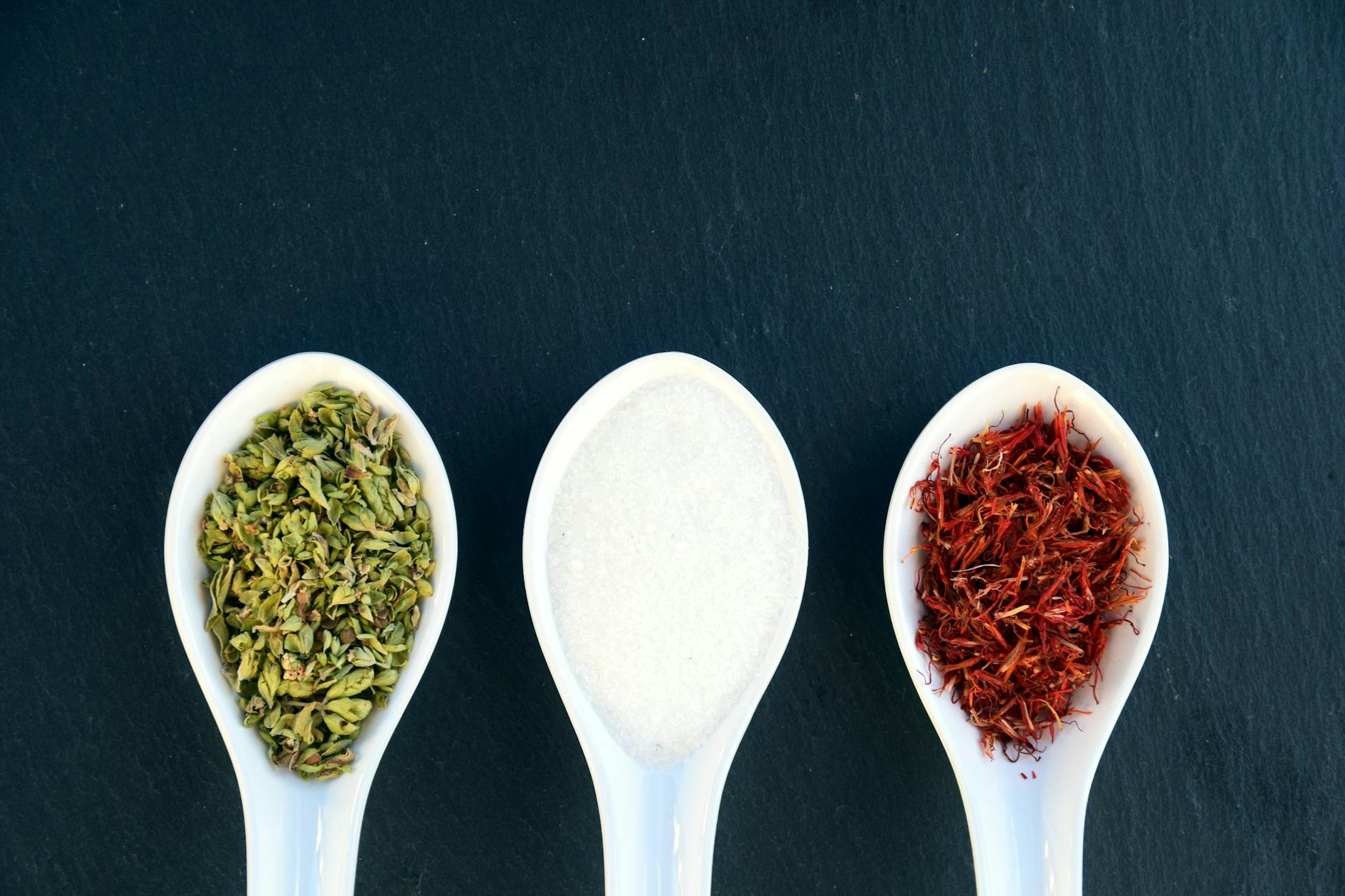
Tossing and Turning? Let’s Talk About Insomnia
Click here to download 6 step Free Sleep Hygiene Guide ( Telugu )
Insomnia : We’ve all been there—lying in bed, staring at the ceiling, checking the time every 10 minutes, and stressing about how much sleep you’re not getting. Sound familiar? Well, you’re not alone! Life can get pretty hectic—jobs, relationships, and endless notifications. And often, sleep is the first thing that suffers.
So, why can’t you sleep? Today, we’ll dive into insomnia, how modern medicine and Ayurveda explain it, and some easy, natural ways to get your sleep cycle back on track.
What Is Insomnia, Really?
Let’s clear this up right off the bat: insomnia is not just a bad night’s sleep here or there. According to the DSM-5 (the go-to manual for mental health diagnosis), insomnia means you have trouble falling asleep, staying asleep, or waking up too early at least 3 nights a week for 3 months. And it doesn’t just leave you yawning; insomnia impacts your focus, energy, mood, and even long-term health.
Common Symptoms of Insomnia Include:
- Lying awake for hours without falling asleep.
- Waking up multiple times during the night.
- Waking up too early and not being able to fall back asleep.
- Feeling sluggish, cranky, or mentally foggy throughout the day.
If these sound all too familiar, you might be dealing with insomnia. But, why? What’s causing it, and more importantly, what can you do about it?

Insomnia in Ayurveda: A Vata Problem?
In Ayurveda, sleep is one of the three pillars of good health, known as Nidra. When sleep is disrupted, it’s usually a sign that your body’s doshas—the natural energies that govern your body and mind—are out of balance.
Here’s How Different Dosha Imbalances Can Affect Your Sleep:
- Vata Dosha Imbalance: Vata is all about movement and mental activity. Too much Vata? You’ll likely experience restless energy, overthinking, and difficulty calming your mind before bed.
- Pitta Dosha Imbalance: If Pitta (governs heat and intensity) is high, you might wake up in the middle of the night feeling hot or mentally wired—usually between 2-4 AM.
- Kapha Dosha Imbalance: While this is less common, if Kapha (the dosha that governs stability) is out of whack, you might feel sluggish during the day and still have trouble sleeping at night.
So, when your body is out of sync with its natural rhythms, sleep can feel elusive. But don’t worry—there’s a lot we can do to fix it.
What’s Behind Your Sleepless Nights?
So, what’s keeping you up at night? Insomnia can have a lot of causes, but here are the big ones that tend to mess with your sleep:
- Stress Overload: Work deadlines, financial worries, relationship issues—you name it. Stress has a way of keeping your mind in overdrive.
- Too Much Screen Time: Whether you’re binge-watching Netflix or scrolling through Instagram, that blue light from your screen messes with melatonin, your body’s natural sleep hormone.
- Caffeine & Stimulants: Love your late afternoon coffee? That boost might be keeping your brain buzzing well past bedtime.
- Unpredictable Sleep Schedule: Staying up late one night, then trying to crash early the next—it throws off your circadian rhythm and confuses your body about when it’s time to sleep.
Natural Remedies & Ayurvedic Solutions for Insomnia
Now that you know what’s causing the problem, let’s look at some natural and Ayurvedic solutions that can help you find relief without needing to rely on medication. Here’s what you can start with:
Ayurvedic Herbs to Restore Balance:
- Ashwagandha: This herb is an adaptogen, meaning it helps your body manage stress and promotes relaxation. If stress is your insomnia trigger, Ashwagandha can help.
- Brahmi: Known for calming the nervous system, Brahmi can clear your mind and ease you into deeper, more restful sleep.
- Jatamansi: Feeling mentally overstimulated at night? This herb has cooling properties and helps calm an overactive mind, making it easier to drift off.

Melatonin: A Quick Fix, But Not the Answer
Melatonin supplements can help reset your body’s internal clock, especially if your sleep schedule is all over the place. However, melatonin is a short-term solution. Ayurveda focuses on long-term balance, so while melatonin is great for quick fixes, it’s not ideal for ongoing use. Let’s look at more sustainable ways to manage insomnia.
Ayurvedic Diet Tips for Better Sleep
Your diet plays a significant role in how well you sleep. Eating the right foods can help balance your doshas and support deeper, more restful sleep.
Try These Ayurvedic Tips:

- Warm Milk with Nutmeg or Turmeric: Before bed, sip on a small glass of warm milk with a pinch of nutmeg, turmeric, or ashwagandha. This combo is like a gentle, natural sedative that calms your nervous system.
- Don’t Eat Too Late: Eating heavy meals right before bed can disturb your sleep. Aim to finish dinner at least 2-3 hours before you hit the sheets. Also, avoid spicy or heavy foods in the evening, as they increase Pitta and cause indigestion.
- Go for Sattvic Foods: These are light, easy-to-digest foods like fruits, vegetables, and whole grains. They help calm Vata and soothe your nervous system, prepping your body for restful sleep.
- Chamomile Tea or Saffron Water: Both are known for their calming properties. A cup of chamomile tea or a glass of warm saffron water before bed can ease your mind and body into relaxation mode.
Lifestyle Hacks to Improve Sleep Quality
Beyond herbs and diet, changing a few key habits can make a big difference in how well you sleep. Here’s what you can start doing today:
1. Stick to a Sleep Schedule
Go to bed and wake up at the same time every day—even on weekends. This trains your body to follow a natural sleep cycle, which can make it easier to fall asleep and wake up feeling refreshed.
2. Try Padha Abhyanga (Foot Massage)
Give yourself a foot massage with warm castor oil before bed. Follow it up by soaking your feet in warm water with Epsom salts. This helps reduce Vata in your body, eases muscle tension, and calms your mind for better sleep.
3. Unplug Before Bed
Put away your phone, laptop, or tablet at least an hour before you plan to sleep. Blue light from screens messes with your body’s melatonin production, which is why scrolling social media late at night can keep you wide awake.
4. Practice Breathing Exercises to fight insomnia
Simple pranayama (breathing techniques) like Nadi Shodhana (alternate nostril breathing) or Bhramari (bee breath) can work wonders to quiet your mind and relax your body. Spend just five minutes before bed on these practices, and you’ll notice a big difference.
Insomnia can create a ripple effect, impacting both mental and physical well-being. Persistent tiredness from lack of sleep can heighten irritability and anger, making it hard to manage emotions effectively. Over time, poor sleep may amplify anxiety levels, causing some people to feel as if they’re constantly on edge. This sleep deprivation can even increase the risk of panic attacks, especially when daily stress builds up without adequate rest. The cycle often fuels itself, as heightened anxiety and stress make it even harder to fall asleep, perpetuating a sense of exhaustion and frustration. Recognizing these interconnected issues can be key to breaking the pattern and restoring restful sleep.
Your Path to Sweet Dreams
So, if insomnia has been keeping you up at night, it’s time to make a few simple but powerful changes. Whether your sleeplessness is due to stress, diet, or dosha imbalances, there’s a natural way to bring your sleep back into balance. By incorporating Ayurvedic herbs, adjusting your diet, and making a few lifestyle tweaks, you can enjoy restful, deep sleep—without the need for sleeping pills.
Give these tips a try, and let me know how they work for you. Here’s to nights filled with sweet dreams and mornings where you actually feel refreshed!
Follow us on Instagram for daily dose of inspiration and info on self healing and subscribe to our Youtube Channel to keep up with in detailed information explained step by step. Thank you for sticking around.






